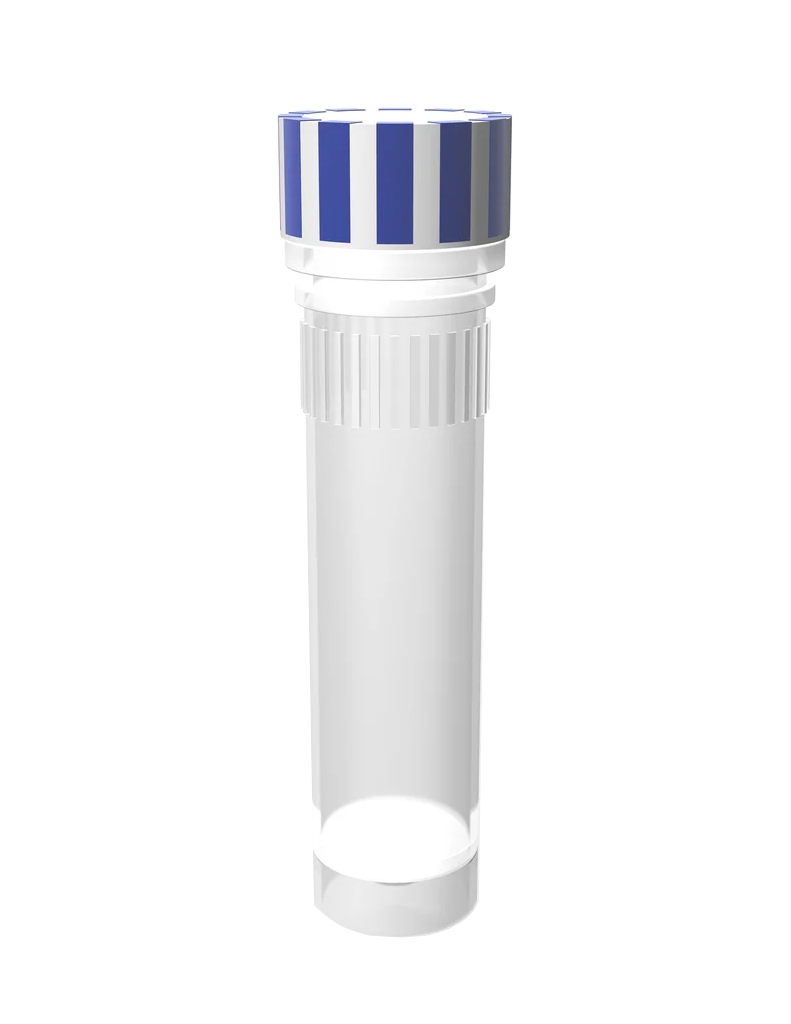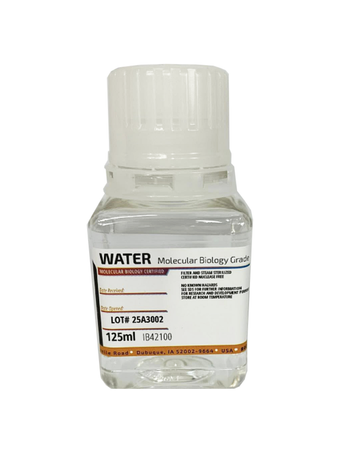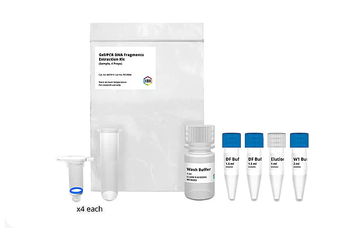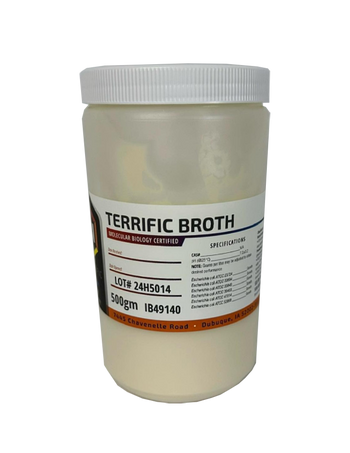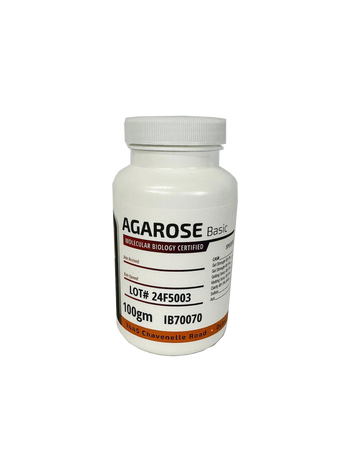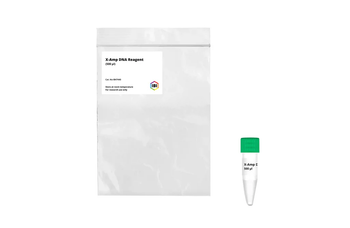
Recombinant Mouse M-CSF Protein (26.0 kDa)
IBI’s recombinant mouse M-CSF protein provides exceptional quality and bioactivity for a wide range of research applications. Produced in a Pichia pastoris (yeast) expression system, this protein benefits from natural folding and post-translational modifications, making it superior to those expressed in E. coli systems. Free of endotoxins, HIS-TAGS, and carriers, this recombinant protein closely resembles its native form, with a predicted molecular weight of 26.0 kDa.
Macrophage colony-stimulating factor (M-CSF), also known as CSF-1, is a key hematopoietic growth factor involved in the proliferation, differentiation, and survival of monocytes, macrophages, and bone marrow progenitor cells. M-CSF enhances monocyte activity, promotes the production of cytokines such as GM-CSF and IL-6, and plays a critical role in the differentiation of osteoclast progenitor cells and cytotrophoblasts. Shipped lyophilized at room temperature without carrier protein, IBI’s M-CSF mouse protein is ideal for cell culture, ELISA standards, and Western Blot controls, ensuring reliable results for advanced research.
- Physical Specifications
- Technical Information
Specifications:
Alias:CSF-1
Source:Yeast
Formulation/Reconstitution:Lyophilized, Reconstitute with sterile phosphate-buffered saline containing at least 0.1% carrier protein.
Molecular Weight:26.0kDa (calculated)
Purity:>95% (as visualized by SDS-PAGE analysis)
Purification:Ion-exchange chromatography
Entrez Gene ID:12977
Amino Acid Sequence:AKEVSEHCSH MIGNGHLKVL QQLIDSQMET SCQIAFEFVD QEQLDDPVCY LKKAFFLVQD IIDETMRFKD NTPNANATER LQELSNNLNS CFTKDYEEQN KACVRTFHET PLQLLEKIKN FFNETKNLLE KDWNIFTKNC NNSFAKCSSR DVVTKPDCNC LYPKATPSSD PASASPHQPP APSMAPLAGL AWDDSQRTEG SSLLPSELPL RIEDPGSAKQ RPPRSTCQTL E (231)
Technical Information:
What is an acceptable carrier protein for recombinant protein reconstitution?
A carrier protein is an additional protein added to the lyophilized recombinant protein during reconstitution to increase the stability of the diluted recombinant protein during storage, freezing, and use.
Bovine Serum Albumin (BSA) is the most common carrier protein used for recombinant protein reconstitution. However, if working with bovine recombinant protein, use a non-bovine carrier protein such as Equine Serum Albumin (ESA).
If using the recombinant protein for in vitro cell culture stimulation, it is often useful to reconstitute the recombinant protein directly in the complete cell culture medium containing serum or other acceptable carrier protein instead of a BSA/ESA solution.
How do I reconstitute the recombinant protein?
Most of the recombinant proteins can be reconstituted in sterile phosphate-buffered saline with 0.1% carrier protein, which is most commonly Bovine Serum Albumin (BSA).
If protein vial is left unopened, it can be stored at room temperature or -20°C for up to 12 months.
Once protein is open and reconstituted, it must be stored at -20°C and is viable for up to 3 months.
Avoid repeated freeze/thaw cycles as this could cause denaturation of proteins.
Typically, 100 µL is an acceptable reconstitution volume for our 5 µg and 25 µg vials of recombinant protein. Our 5 µg and 25 µg vials have a maximum volume of 500 µL.
Typically, 1 mL is an acceptable reconstitution volume for our 100 µg vials of recombinant protein. Our 100 µg vials have a maximum volume of 2 mL
What concentration of carrier protein is required for reconstitution?
The concentration of carrier protein should be at least 0.1% in the final solution. Additional carrier protein can be used, if desired. Typically, a 0.1-10% BSA solution in 1X PBS is an acceptable reconstitution solution.
What concentration is the recombinant protein upon reconstitution?
The concentration of recombinant protein is dependent on the reconstitution volume. For example, if reconstituting 5 µg of recombinant protein in 100 µL carrier protein solution, the concentration is 5 µg/100 µL or 50 µg/mL
What is the activity of the recombinant protein?
IBI recombinant proteins are sold in units of micrograms (µg).
The recombinant protein is quantified using the BCA Assay which favors the customer in terms of amount of protein. The BCA assay is not perfect, but at least it is standard for all proteins.
If the activity exists, it will be on the Data Sheet shipped with the product.
Activity cannot be determined for the animal recombinant proteins because an assay does not exist. (Only human proteins have an assay to determine activity.
If end-user wants to know the activity, they can do an activity titer for each lot they use. This is useful because there can be significant differences in activity from lot to lot.
If customer is concerned, they can buy multiple bottles and store them. Also, we can let customer know if we have a good supply of the lot number they are purchasing if they are going to purchase again in the future.
Can we provide custom proteins?
We can only make published proteins with a known DNA sequence.
There is a lead time of 6 months for the process from start to finish to be completed. Contact IBI if interested in using custom proteins.
If IBI does not stock the protein I need, what options do I have?
IBI may carry a protein that is homologous to the recombinant protein of interest. Because of homology between animals, proteins in a more complicated system are able to cause the same reaction in less complicated systems. For example, chicken proteins can work for amphibian applications.
Why did my protein arrive in multiple vials?
Some proteins are more soluble than others. The proteins that are more difficult to purify can be packaged in multiple vials, so the end-user receives the correct quantity they ordered. Also, lyophilization process works best with volumes of 100 µg or less.

